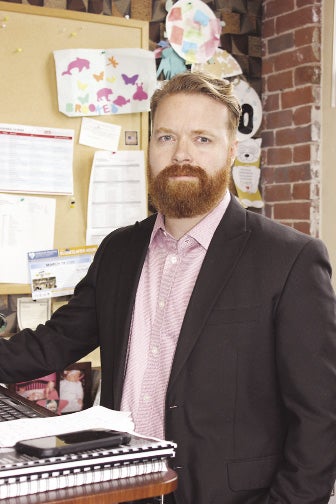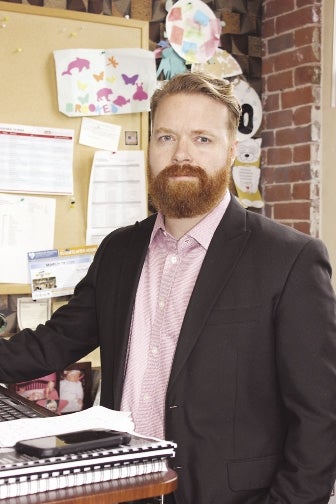For this edition’s Focus on Energy & Sustainability, WBJ’s articles examine alternative ways of doing things, where the health of the planet is a top priority.
Get Instant Access to This Article
Subscribe to Worcester Business Journal and get immediate access to all of our subscriber-only content and much more.
- Critical Central Massachusetts business news updated daily.
- Immediate access to all subscriber-only content on our website.
- Bi-weekly print or digital editions of our award-winning publication.
- Special bonus issues like the WBJ Book of Lists.
- Exclusive ticket prize draws for our in-person events.
Click here to purchase a paywall bypass link for this article.
Climate change is coming for us all in one way or another. After a string of mild New England winters, extra hot summers, rising sea levels, changing ocean currents, it’s clear the world will be significantly changed over the course of the next decade.

These changes are the result of individual and collective choices we’ve made as a species for two centuries, in the way we live our lives and run our economy. Generally, these choices have prioritized lowering expenses, creating efficiencies, and increasing power. While these priorities have built great economies and businesses and largely made our lives more comfortable, their cost has been the overall health of the planet.
So, for the May 27 print edition’s Focus on Energy & Sustainability, WBJ’s articles examine alternative ways of doing things, where the health of the planet is a top priority.
In his “The green outdoors” story, Staff Writer Eric Casey studies outdoor cannabis farming, which makes up about 20% of the marijuana grown in Central Mass. Outdoor cannabis uses significantly less energy than indoor cultivation. However, the quality of the product is harder to control, and weather is a bigger concern. This can drive up the cost of the product, which means consumers and regulators would have to prioritize sustainability over expense.
Staff Writer Mica Kanner-Mascolo in her “Selling sustainability” story sat down with the owners of second-hand stores, as they keep consumer products in circulation longer and help slow the rate of waste piling up in landfills.
Casey examines a different scale of reuse in his “Cubicles to communities” story about the potential of using empty office buildings for housing. Turns out, converting an office tower into 200 apartments is a complex and expensive undertaking, and often tearing down and building new is a cheaper and faster alternative. Still, avoiding any level of demolition in favor of recycling older buildings will have a significant environmental impact, and developers should be incentivized to pursue such renovations.
Over the course of my first 43 years on this planet, sustainability and environmental friendliness have become increasingly prioritized in economic development, although it has happened extremely slowly and still isn’t as prioritized as concerns like profits, low costs, and immediacy. Hopefully, that pace of change will accelerate very soon, as we can’t wait much longer.

